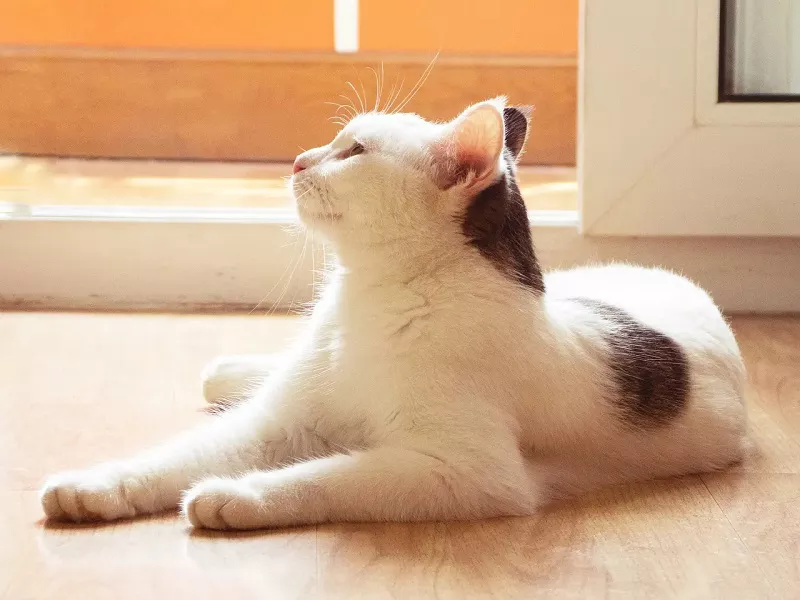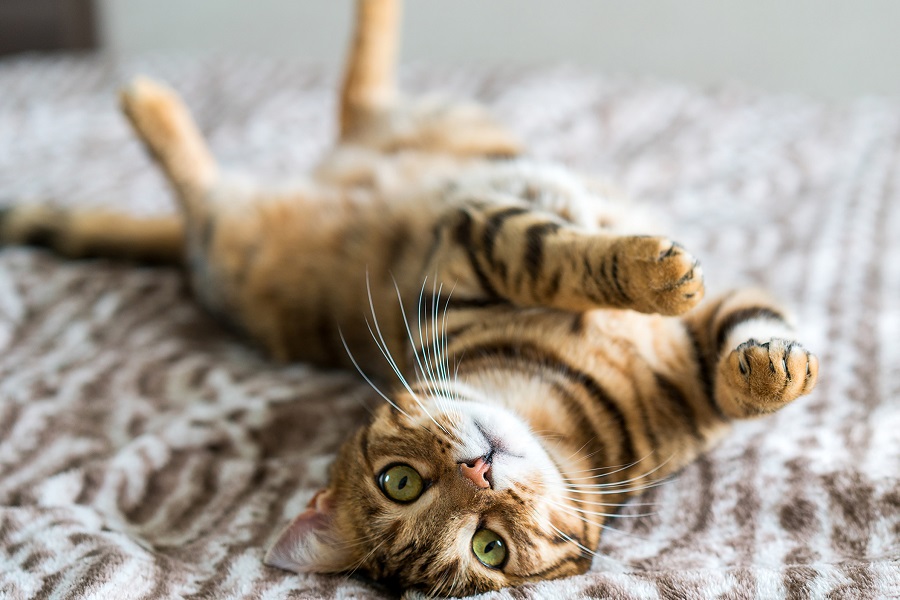British Shorthair cats are known for their dense and plush coats, which contribute to their charming and distinctive appearance. While their fur is one of their most appealing features, it’s not uncommon for these cats to experience hair loss, which can be concerning for both cat owners and their feline companions. In this article, we will explore the potential causes of hair loss in British Shorthair cats and provide valuable tips on how to reduce and manage this issue effectively.
Understanding Hair Loss in British Shorthair Cats
Before addressing how to reduce hair loss, it’s essential to grasp why hair loss occurs in British Shorthair cats. Hair loss, also known as alopecia, can result from various factors, including:
Normal Shedding: Like all cats, British Shorthair cats naturally shed their fur as old hairs are replaced by new ones. This shedding is typically seasonal and is not a cause for concern.
Stress and Anxiety: Cats are sensitive animals, and stress or anxiety can lead to excessive grooming, which may result in hair loss. Stressors can include changes in the household, new pets, or even medical issues.
Allergies: Allergic reactions to food, environmental factors, or parasites can manifest as hair loss in cats. Identifying and addressing the allergen is crucial in these cases.
Parasites: Infestations of fleas or mites can lead to itching and over-grooming, causing hair loss.
Skin Infections: Bacterial or fungal skin infections can lead to hair loss and require medical attention.
Underlying Health Conditions: Hair loss can be a symptom of underlying medical issues such as thyroid problems, hormonal imbalances, or autoimmune diseases.
Now, let’s explore how to reduce hair loss in British Shorthair cats based on these potential causes.
Tips to Reduce Hair Loss in British Shorthair Cats
Regular Grooming: One of the most effective ways to reduce hair loss in British Shorthair cats is to maintain a regular grooming routine. Brushing your cat’s coat at least a few times a week helps remove loose fur and prevents matting, reducing the amount of hair your cat ingests during grooming.
Balanced Diet: Proper nutrition is essential for maintaining a healthy coat. Ensure your British Shorthair cat‘s diet includes high-quality cat food rich in essential nutrients, particularly proteins and fatty acids that promote skin and coat health.
Stress Reduction: Minimize stressors in your cat’s environment. Provide a stable routine, create a calm living space, and offer enrichment activities to alleviate anxiety.
Parasite Control: Regularly check for fleas and ticks on your cat, especially during warmer months. Use veterinarian-approved parasite control products to prevent infestations.
Allergen Management: If your cat has allergies, work with your veterinarian to identify the allergen and implement appropriate dietary or environmental changes.
Regular Veterinary Check-ups: Schedule routine check-ups with your veterinarian to monitor your cat’s overall health and catch any underlying medical conditions early.
Hydration: Ensure your cat has access to fresh water at all times. Proper hydration supports skin and coat health.
Avoid Over-Bathing: British Shorthair cats typically do not require frequent baths. Over-bathing can strip their skin of natural oils, leading to dryness and potential hair loss. Only bathe when necessary and use a cat-specific shampoo.
Supplements: Consult your veterinarian about supplements that may benefit your cat’s coat, such as omega-3 fatty acids or biotin.
Skin Health: Keep an eye on your cat’s skin for signs of irritation, redness, or unusual lumps. Promptly address any skin issues with your veterinarian.
When to Seek Veterinary Care
If you notice excessive or persistent hair loss in your British Shorthair cat, it’s essential to consult your veterinarian. They can perform a thorough examination, conduct necessary tests, and determine the underlying cause of the hair loss. Timely veterinary intervention is crucial, especially if the hair loss is accompanied by other concerning symptoms such as skin inflammation, lethargy, or changes in behavior.
Conclusion
While some degree of shedding is normal for British Shorthair cats, excessive hair loss should be investigated and managed promptly. By following the tips mentioned above and maintaining a proactive approach to your cat’s health and grooming needs, you can reduce hair loss and ensure that your British Shorthair remains healthy, comfortable, and content in their beautifully plush coat.
Recommended reading:

























